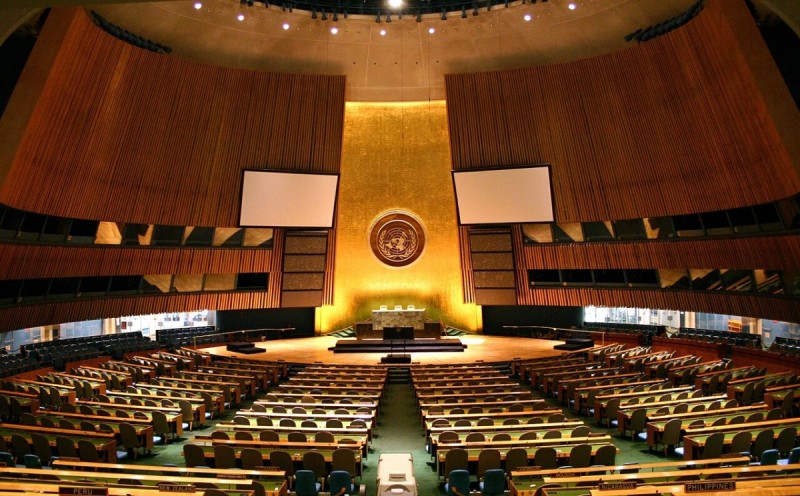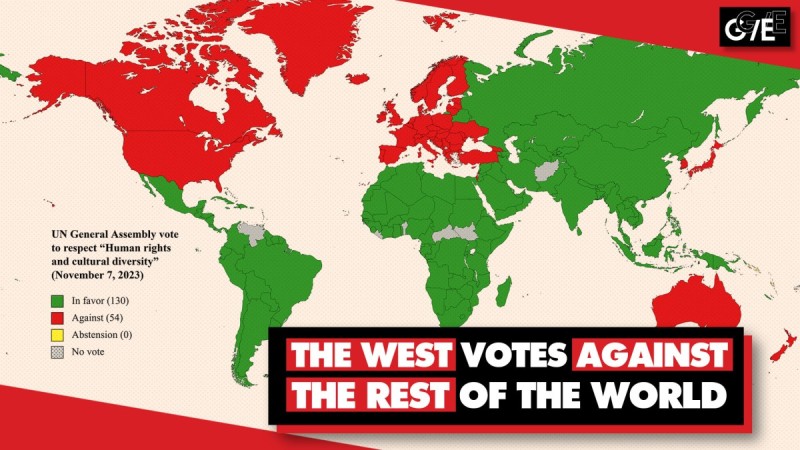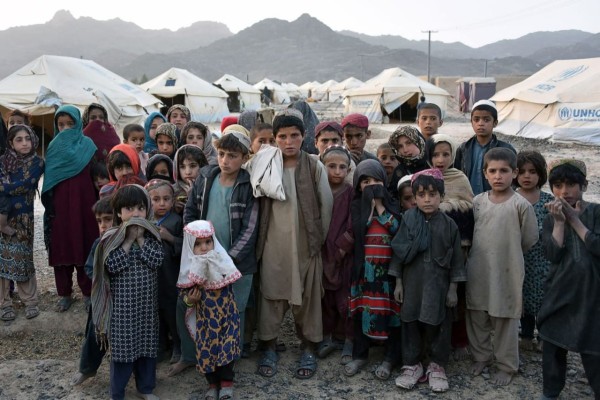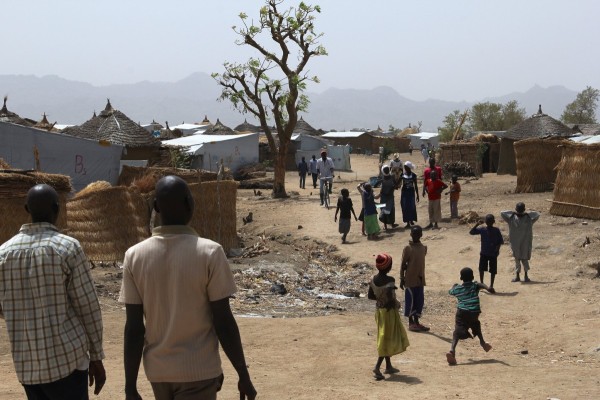Canada votes against democracy, human rights at UN—promotes mercenaries, sanctions
Canada joined the US in opposing the will of the global majority

United Nations General Assembly hall in New York City. Photo by Patrick Gruban/Wikimedia Commons.
On November 7, the Third Committee of the United Nations General Assembly (UNGA) convened to vote on 12 draft resolutions, nine of which were presented by Cuba. The Third Committee deals with pressing social, humanitarian, and cultural questions that affect people throughout the world. As such, the day’s resolutions dealt with social and cultural issues, as well as human rights.
All 12 resolutions were approved by the Third Committee. Striking, however, was the fact that the collective West voted in near unanimity to reject resolutions promoting human rights, cultural diversity, and greater equity on the global stage, while refusing to condemn unilateral coercive measures and the use of mercenaries.
The United States led Western opposition to the resolutions, voicing objections to nearly every single one. At one point, the Third Committee’s chair, Alexander Marschik, even laughed at the fact that the US representative repeatedly spoke up to reject the draft resolutions, for which the majority of the world voted in favour.
Canada, though much less vocal, joined the US and other Western countries in opposing the will of the global majority and voting against resolutions promoting peace, security, and democracy for all peoples of the world.
The West voted against the rest of the world on United Nations General Assembly resolutions, opposing democracy, human rights, and cultural diversity, while supporting mercenaries and unilateral sanctions.
— Ben Norton (@BenjaminNorton) November 26, 2023
Links to maps & graphics here: https://t.co/dzkMYJ5Y79
Full video below pic.twitter.com/vwmJ2VlFop
Against democracy, equity, and cultural diversity
“Promotion of a democratic and equitable international order.” This wide-ranging draft resolution stresses international cooperation for the promotion of human rights, the urgent need to end wars around the world, and the necessity of “employ[ing] international machinery for the promotion of the economic and social advancement of all peoples.”
The document condemns racism, inequitable distribution of wealth, and social exclusion. It calls for united global action against climate change, including through technological transfer between countries, and urges the reform of international financial institutions to combat corruption and strengthen the participation of underdeveloped countries in the Global South. The resolution urges “respect for human rights and fundamental freedoms for all and respect for the principle of equal rights and self-determination of peoples, peace, democracy, justice, equality, the rule of law, pluralism, development, better standards of living and solidarity.”
Canada voted against the resolution. However, roughly 70 percent of present member states voted in favour, so the resolution passed. Against Canada’s wishes, the UNGA thus called for “all actors on the international scene to build an order based on inclusion, social justice, equality and equity, human dignity, solidarity, mutual understanding and promotion of and respect for cultural diversity and universal human rights.”
“Human rights and cultural diversity.” The resolution acknowledges the cultural diversity of member states and calls on them to “recognize and promote respect for cultural diversity for the purpose of advancing the objectives of peace, development and universally accepted human rights.”
Seventy percent of member states voted in favour of the solution. Once more, Canada voted against.
“Promotion of equitable geographical distribution in the membership of the human rights treaty bodies.” This resolution expresses concern over “the regional imbalance in the current composition of the membership of the human rights treaty bodies in favour in particular of representatives of members from Western European and other States” (i.e. the Global North). The resolution calls for the establishment of quotas by geographical region for human rights bodies. By doing so, it aims to correct the overrepresentation of Western governments, and thereby Western views, at these international fora.
Seventy percent of member states voted in favour. Canada voted against the resolution, again relegating itself to the global minority.
In this case, the Canadian representative explained why they voted ‘against.’ The representative expressed concern that “the establishment of a quota system for appointments falls outside the General Assembly’s mandate” and that the reform of human rights bodies would have an unspecified “impact” on the ability of these bodies to function properly.
Put differently: the UNGA has no right to challenge the dominance of Western governments at international human rights bodies, and by doing so, they are preventing these bodies from serving their purpose.
Image courtesy Geopolitical Economy Report
In favour of sanctions and mercenaries
At the Third Committee, Canada also marginalized itself on the global stage by refusing to vote against unilateral coercive measures (illegal sanctions) and the use of mercenaries.
“Human rights and unilateral coercive measures.” Noting that the use of unilateral coercive measures against targeted nations has “expanded enormously” in recent years, the resolution stresses that such measures contradict international law, violate human rights and the right to development, threaten the sovereignty of member states, and disproportionately impact the most vulnerable, namely children. The document calls for an end to all unilateral coercive measures on the global stage.
Implicitly, this resolution condemns the actions of Western governments, specifically the US, which has adopted unilateral coercive measures as a key method for disciplining states that refuse to sacrifice their independence. It goes without saying that the consequences of these US-led sanctions regimes have been utterly ruinous in social, political, and economic terms for countries like Cuba and Venezuela.
Seventy percent of nations voted to condemn the use of unilateral coercive measures. Canada joined the 30 percent—all Western governments and their allies—in refusing to condemn illegal sanctions.
“Use of mercenaries as a means of violating human rights and impeding the exercise of the right of peoples to self-determination.” The resolution stresses that the use of mercenaries in warzones is a threat to human rights and a violation of the UN Charter. The document expresses deep concern over “the loss of life, the substantial damage to property and the negative effects on the policies and economies of affected countries resulting from international criminal mercenary activities.”
Arguing that the use of mercenaries represents “a threat to peace, security and the self-determination of peoples and an obstacle to the enjoyment of all human rights by peoples,” the resolution calls for member states to take all possible measures to end the “menace” of mercenary activity around the world.
Once more, about 70 percent of the world voted to condemn the use of mercenaries in warzones across the globe. Canada voted ‘against,’ choosing once again to stand against the global majority.
The West vs. the rest
Canada is a brand: the peacekeeper, the nation of niceness, the world’s foremost champion of democracy and human rights.
In truth, this brand is nothing but a mask veiling the reality that Canada benefits from a highly unequal global system which Canadian foreign policy works to keep unequal.
Of course, Canada is not alone in this desire. The US government is the most outspoken in its rejection of human rights and democracy for all, but the views of Canada and most Western leaderships are largely identical.
The November 7 meeting of the Third Committee is evidence of this fact. The meeting shows that, in terms of global opinion, matters can frequently be reduced to a convenient shorthand: the West vs. the rest.
Owen Schalk is a writer from rural Manitoba. He is the author of Canada in Afghanistan: A story of military, diplomatic, political and media failure, 2003-2023.










